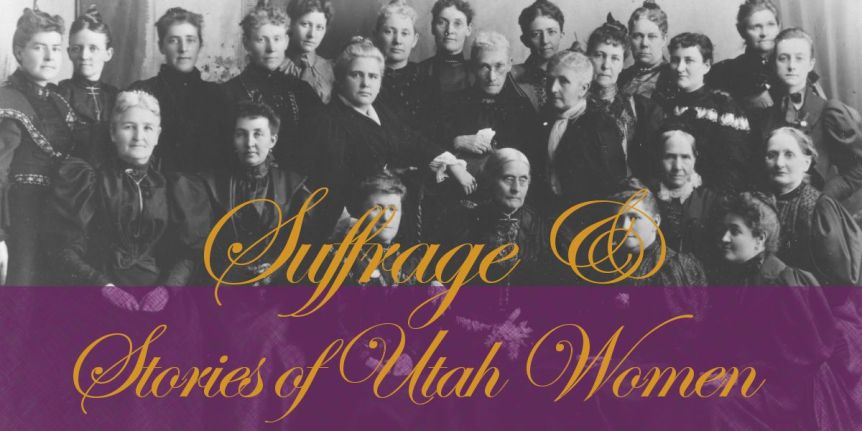
150 Years of Utah Suffrage: Stories of Utah Women
On February 14, 1870 Seraph Young marked her ballot for the Salt Lake City municipal election and dropped it in the box. She was the first woman in the United States to vote. Seraph arrived in Utah in 1847, when she was less than a year old. The Pioneer Jubilee book lists Seraph Young (Ford) as one of the first immigrants.
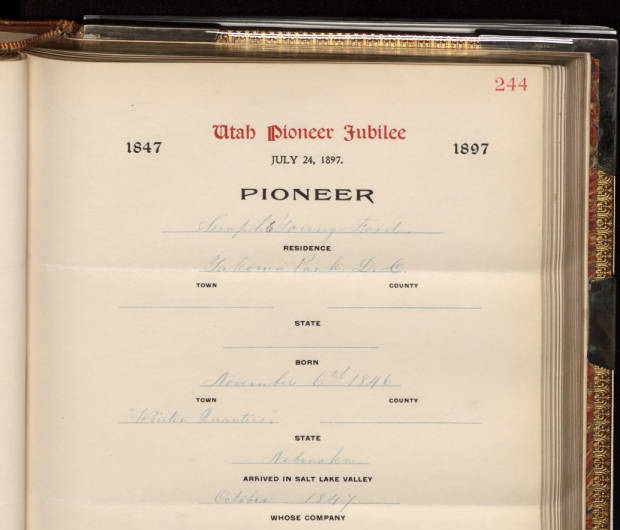
The Beginning
From 1847 to 1870 when Seraph cast her vote, the suffrage movement grew, especially in Utah. The story of women’s suffrage in Utah intertwined with the Mormon practice of polygamy. Polygamy is the practice of a man marrying more than one wife. Joseph Smith introduced the practice while the Mormons lived in Nauvoo, Illinois. Ultimately polygamy contributed heavily to outsiders driving the Mormons from the city and to the West.
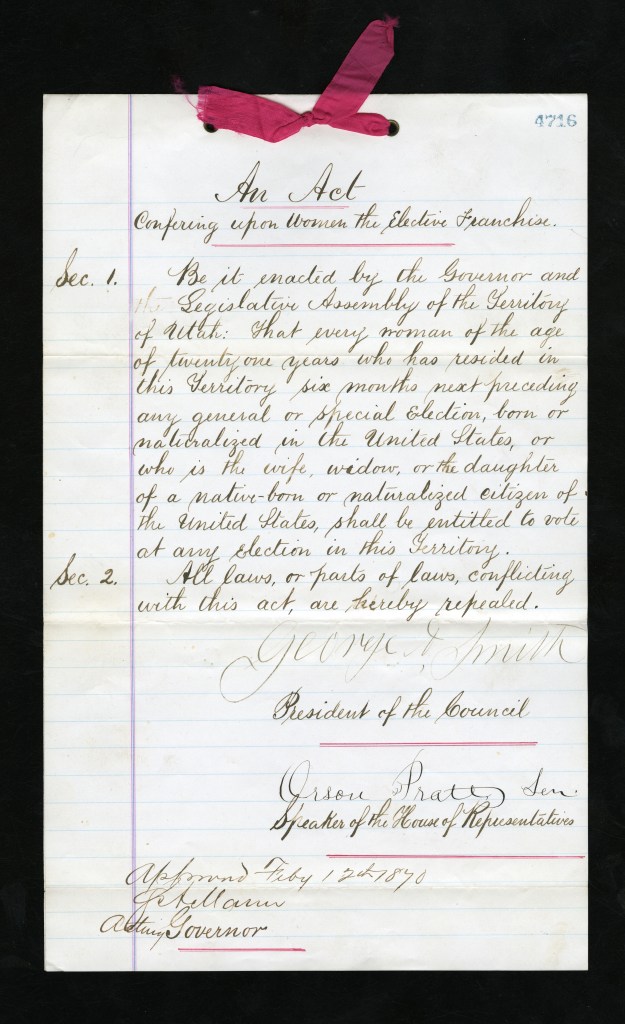
February 12, 1870
Legislative Assembly Territorial legislative records (Series 3150)
National suffragists supported Utah women voting because they thought women would vote against polygamy. Meanwhile, Mormon women advocated for the vote so they could continue to keep their religious practice of polygamy legal. In 1870 the Territorial Legislature voted on the topic of suffrage, with the then-Acting Territorial Governor signing the bill on February 12. Just two days later in the municipal election in Salt Lake City, Seraph Young cast her vote. The Deseret Evening News reported on the election and said, “A few ladies expressed their right to vote under the law published on Saturday; and we believe the first one who recorded her vote was Miss Seraph Young.”
Losing the vote
Polygamy grew in infamy across the United States and Easterners considered it to be one of the most prominent evils the country was facing after the end of slavery. In 1882 the Edmunds Act made unlawful cohabitation a felony. Even if a man legally married only one woman, he could still be arrested for living with more than one wife. A fine and jail time awaited men convicted of cohabiting with more than one woman. Anyone cohabiting illegally would also no longer be able to vote, hold public office, or serve on a jury.
Despite the Edmunds Act, some Mormons still participated in polygamy. In 1887 the Edmunds-Tucker Act passed. It reinforced the felony of polygamy and disincorporated the church, limiting its property. The bill also disenfranchised women. The bill states, “It shall not be lawful for any female to vote at any election hereafter held in the Territory of Utah for any public purpose whatever, and no such vote shall be received or counted or given effect in any manner whatever.”
After having the vote for seventeen years, Utah women were left without a say in their government for the next nine years.
Holding Office
In these nine disenfranchised years the prophet of the Mormon Church issued a manifesto. It stated that the church would no longer practice polygamy. With this change, Utah was eligible to become a state, and did so in 1896. In the state constitution women received the right to vote and hold office.
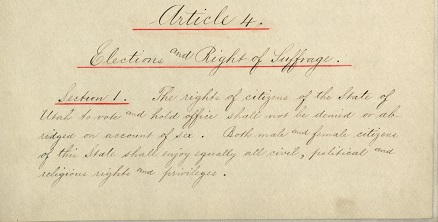
May 8, 1895
Statehood Constitutional Convention State Constitution (Series 3214)
Three women immediately ran for the next term of office and won. Two served in the State’s House of Representatives: Sarah E Anderson and Euritha K LaBarthe. Martha Hughes Cannon ran for the State Senate on an open ticket against her own husband and won.
The 19th Amendment
In 1920 Utah women strongly supported the 19th Amendment. Two of them, Dr Grace Stratton Airey and Delora W Blakely gave speeches in the House of Representatives to support the bill. Utah ratified it and it passed nationally.
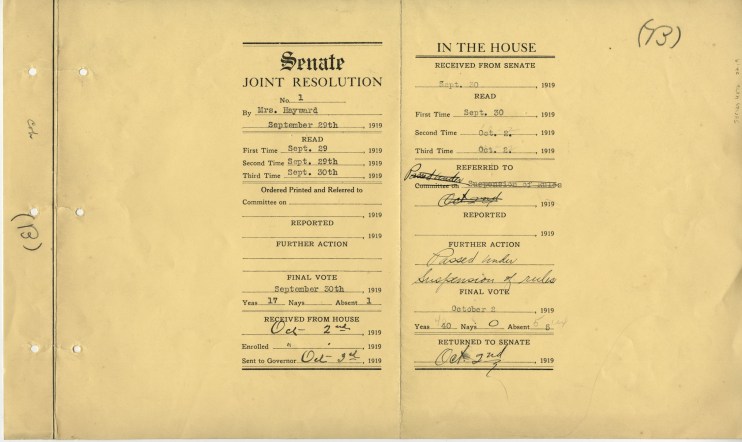
January 16, 1919
Secretary of State Legislative bills (Series 4076)
Minorities and voting
However, despite the passage of the 19th Amendment, the vote was denied to women and men of minorities.
In the 1922 case Ozawa v United States the Supreme Court ruled that immigrants from Asian countries were not eligible for naturalization. Without citizenship they couldn’t vote. In 1952 the Immigration and Naturalization Law specifically stated that race could not factor in granting citizenship. Asian Americans were then able to become citizens and vote.
The Federal Government did not grant Native Americans citizenship until 1924. After Native Americans fought in World War I for their country, they came home and fought for their citizenship. However, even with citizenship, Utah did not allow Native Americans to vote until 1957.
To see more about the documents the Archives has about suffrage visit our website.
Sources
“Edmunds Bill.” Deseret Evening News, December 12, 2018. http://www.archive.org/stream/edmundsactreport00unitrich/edmundsactreport00unitrich_djvu.txt
“Edmunds-Tucker Bill.” Deseret Evening News, December 12, 2018. https://newspapers.lib.utah.edu/details?id=2732987&page=2&q=Edmunds+tucker+act&year_start=1887&year_end=1887
“The Election.” Deseret Evening News, December 12, 2018. https://newspapers.lib.utah.edu/details?id=23156026
Recent Posts
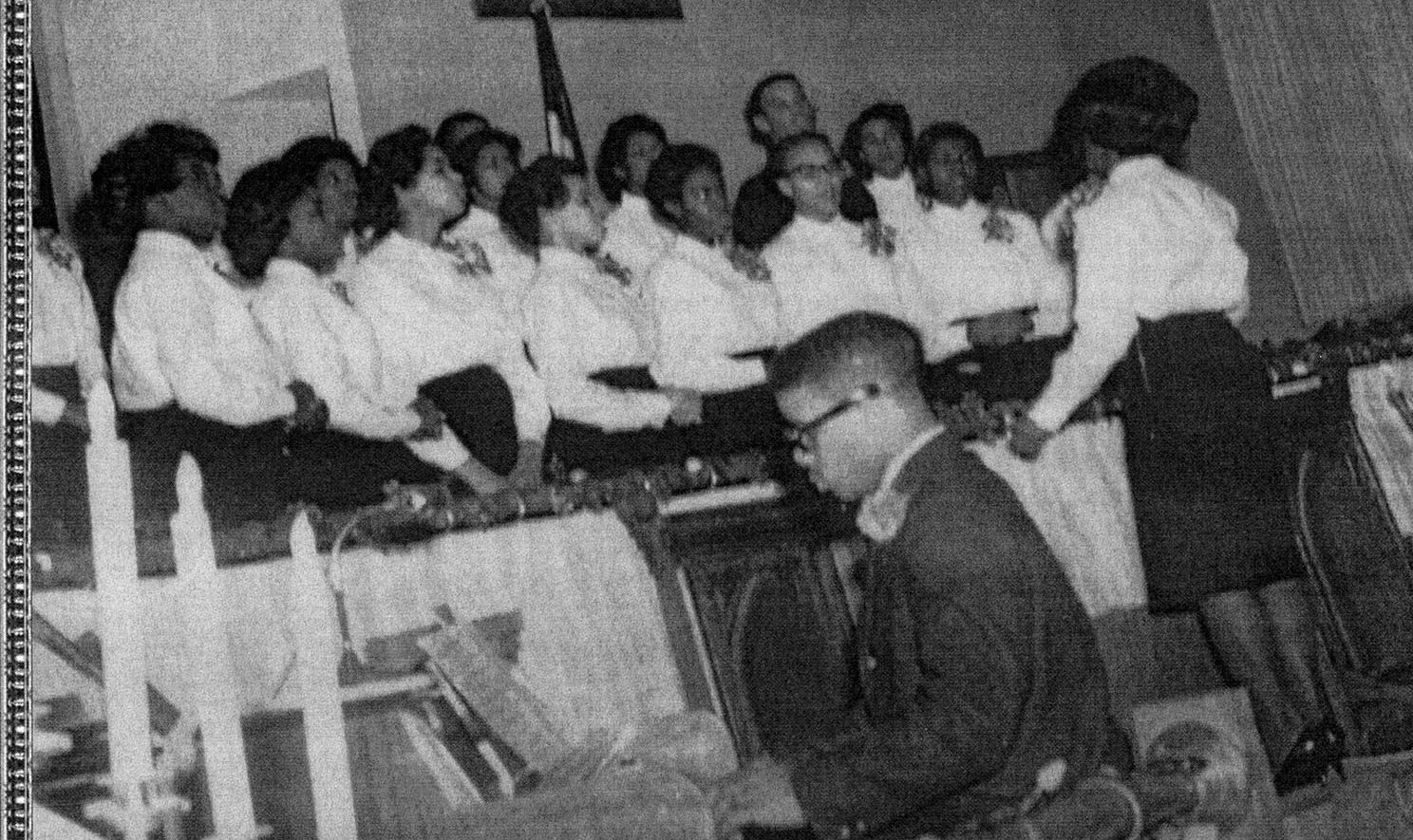
From Pews to Pixels: Weber State’s Stewart Library Digitizes New Zion Baptist Church’s Legacy
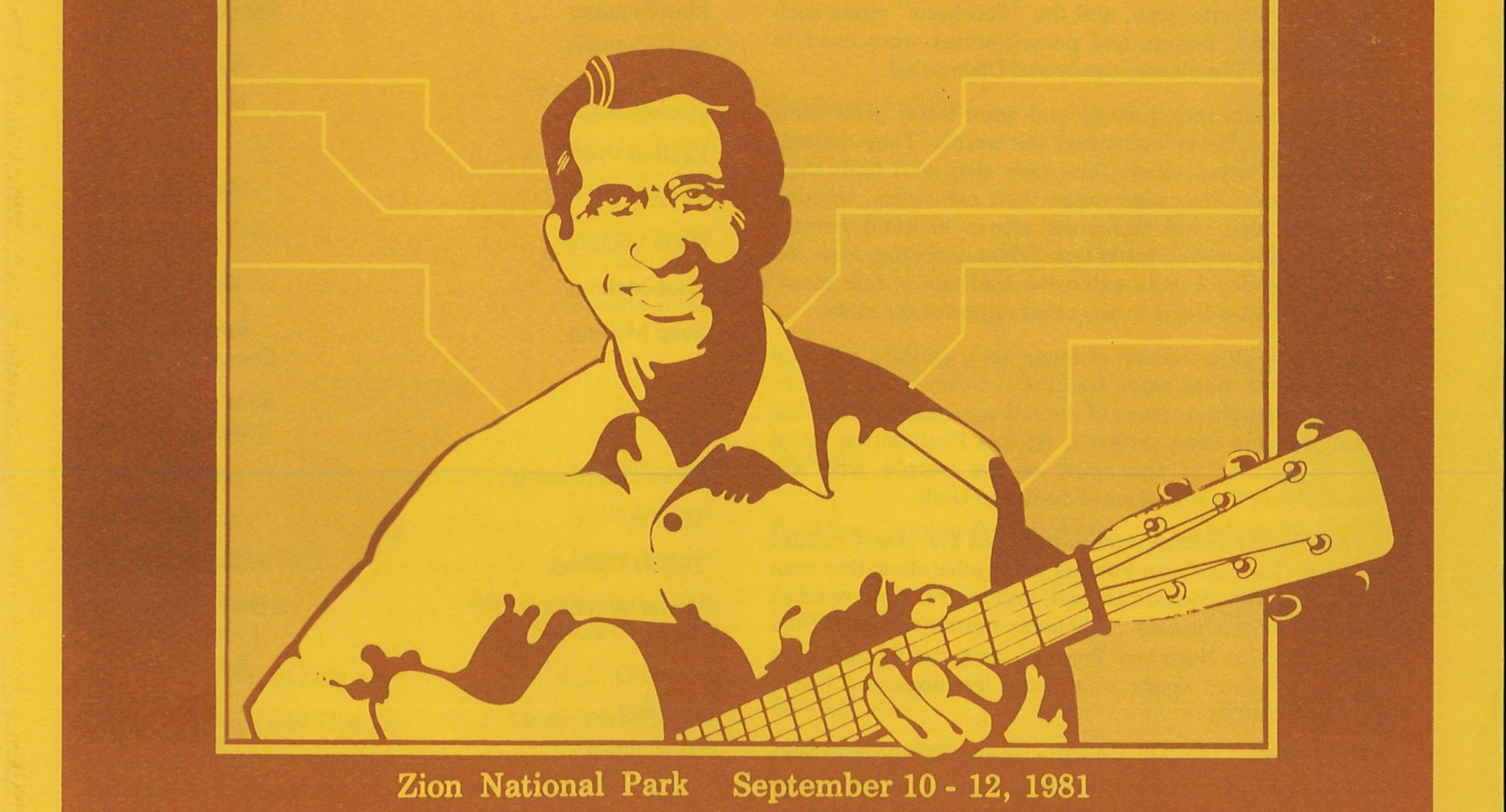
New Finding Aids at the Archives: March 2024
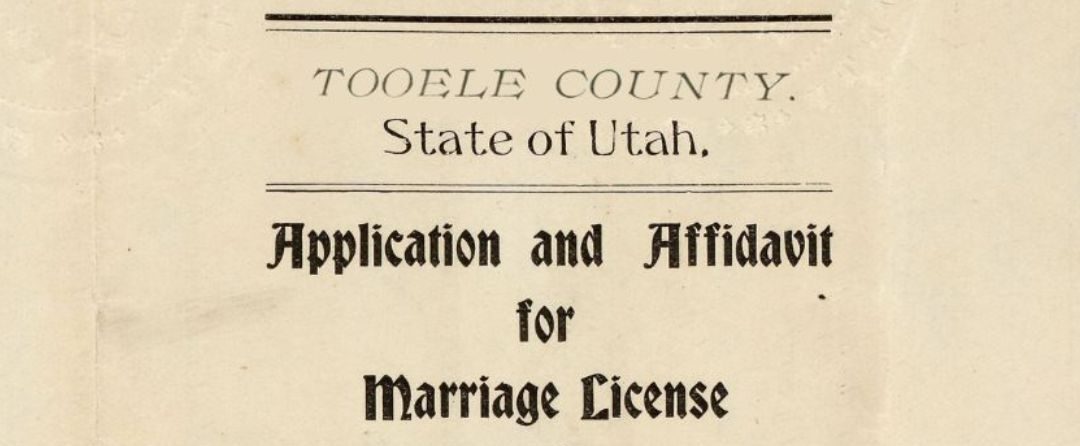
Sealing the Deal: Tooele County Clerk’s Office Unlocks the Vault with Historic Marriage Records
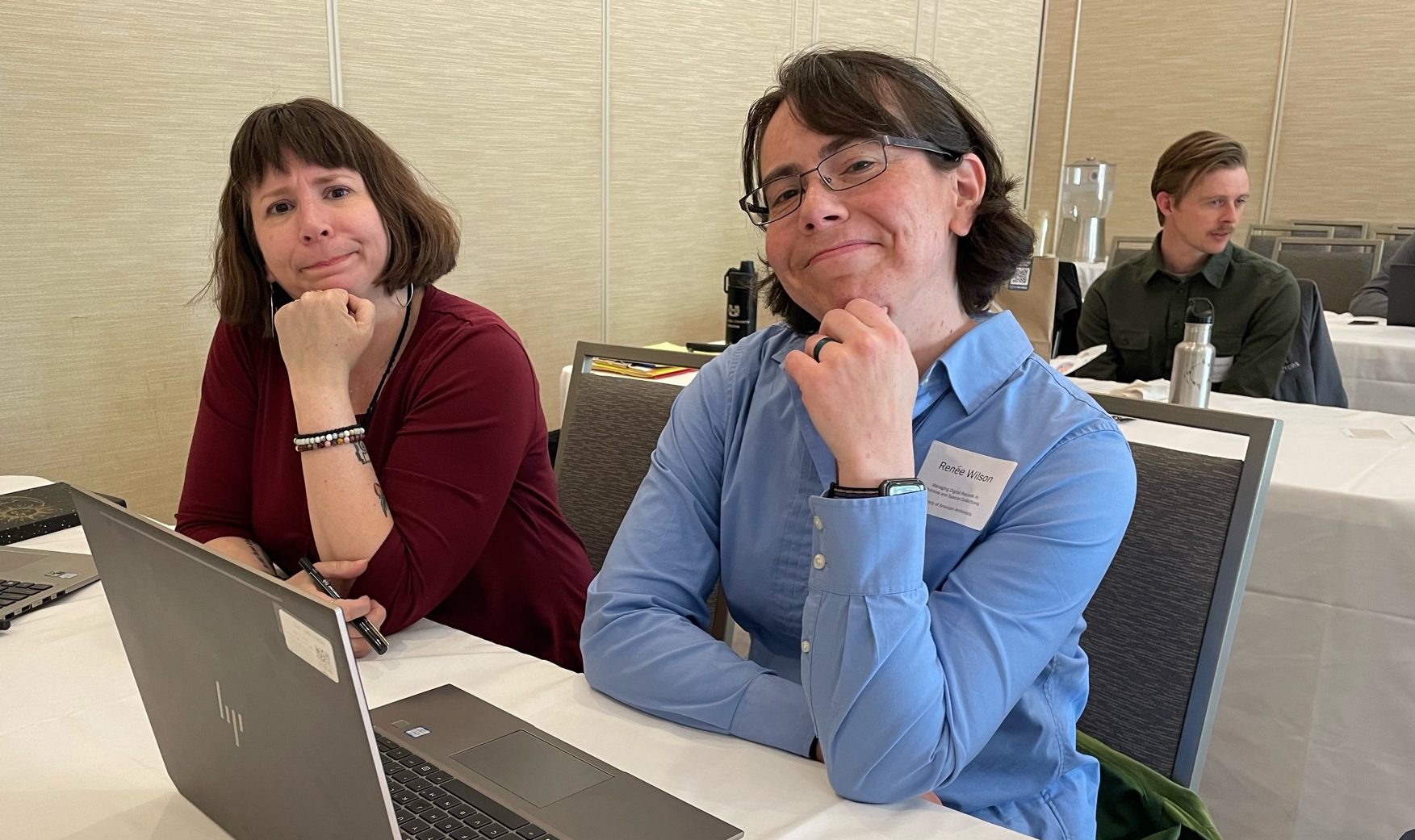
Summer 2024 Internships
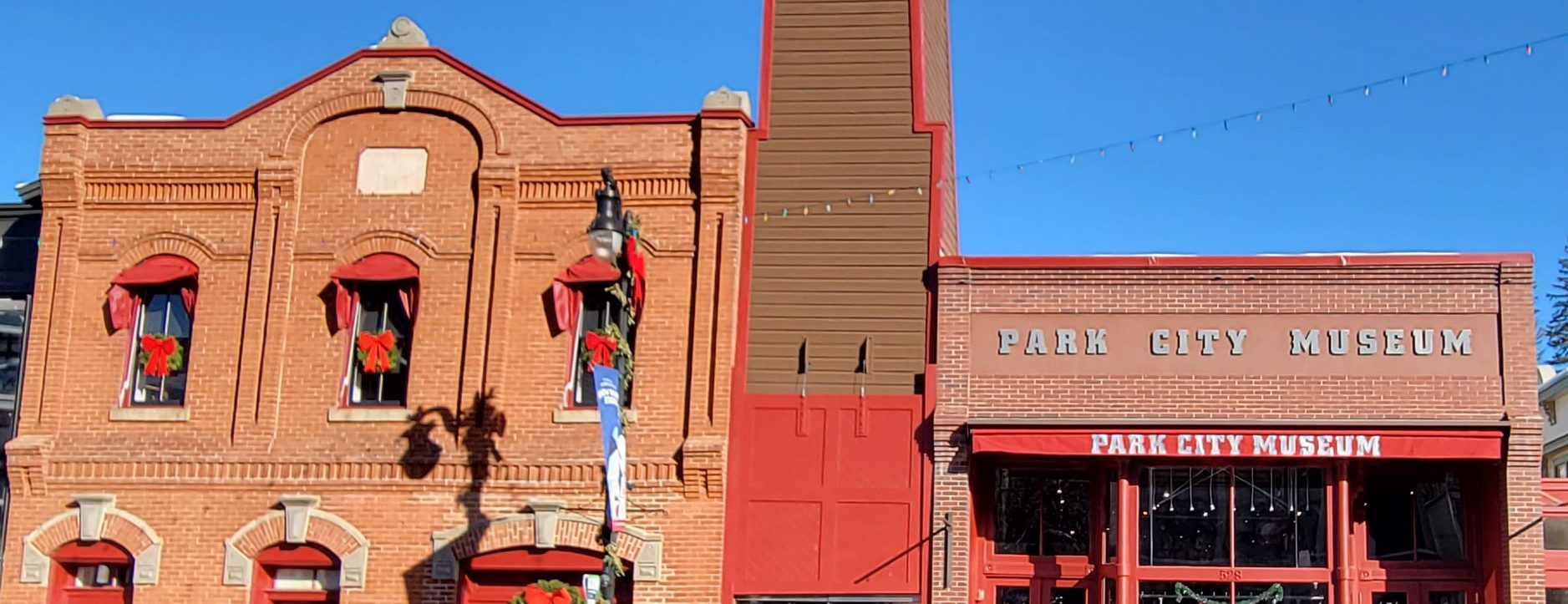
Developing History: Park City Museum’s Snapshot into the Past
Authors
Categories
- Digital Archives/
- Electronic Records/
- Finding Aids/
- General Retention Schedules/
- GRAMA/
- Guidelines/
- History/
- Legislative Updates/
- News and Events/
- Open Government/
- Records Access/
- Records Management/
- Records Officer Spotlights/
- Research/
- Research Guides/
- State Records Committee/
- Training/
- Uncategorized/
- Utah State Historical Records Advisory Board/